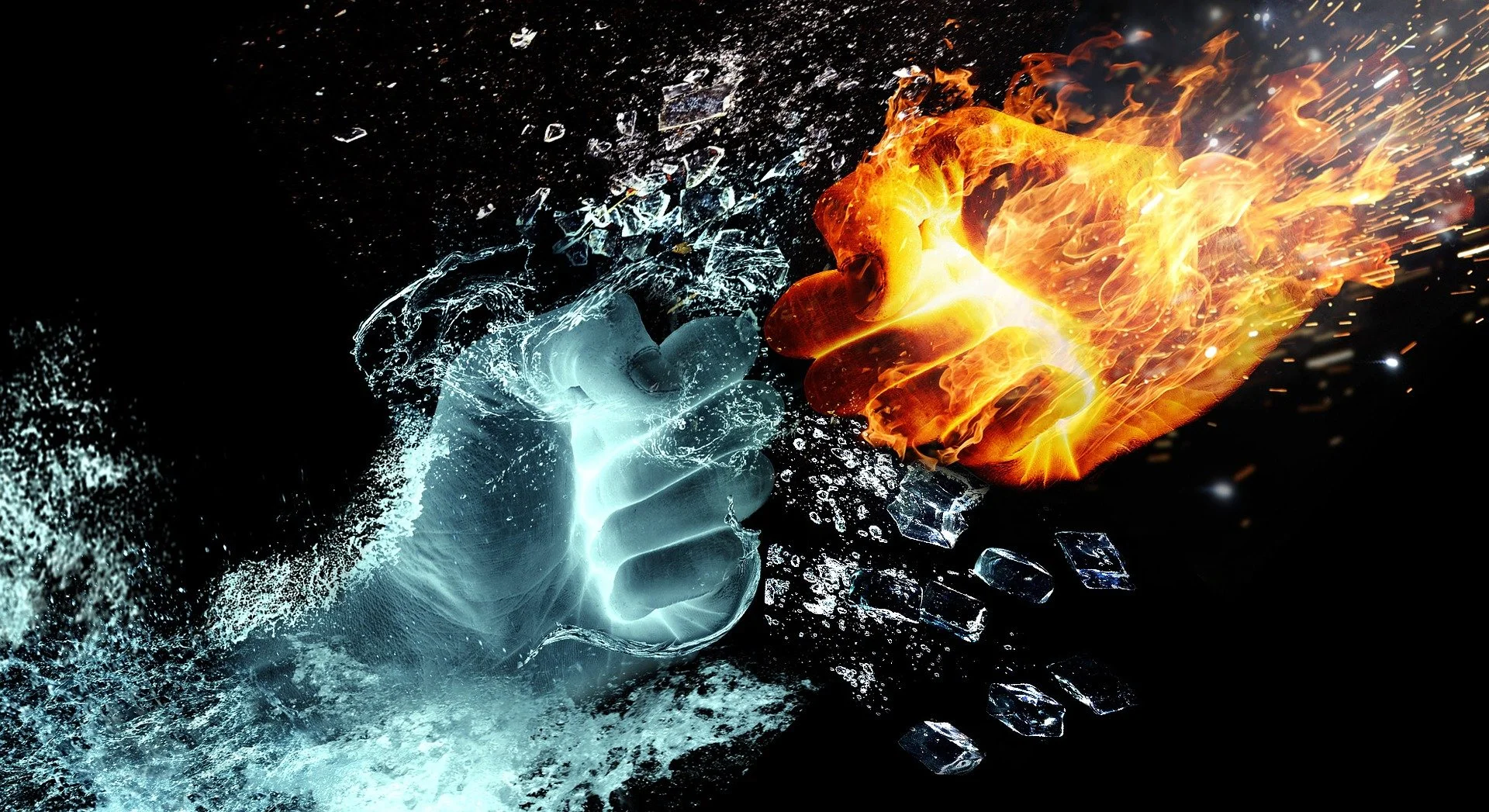Contrast keeps you sane
Image by Iván Tamás from Pixabay
While talking to a colleague last week, I went on a rant regarding cognitive work. I sometimes have a strong urge to work with something where I can just turn on the autopilot and cruise for a while. But it seems like that day never comes to me. I am a specialist consultant, and I find my work very difficult most of the time. And every time a palette drops, and I finally figure out how to solve a specific problem, you might think that life should get a little easier. But no… the only thing that happens is that the difficulty setting increases even more. It feels like mental tractor pulling.
What is the best way to deal with this? Every now and then, I get booked for a field measurement. This is one kind of work that I truly enjoy. They are also difficult, but the crucial difference is that you work with your body and not just the mind all the time. That, and there is no better way to learn than to see, experience and evaluate your engineering calculations in “flesh and blood”. Other types of work that can be performed without brain exhaustion is model creation and making drawings. Unfortunately, when you climb the career ladder, these types of work are usually the first ones to be delegated to younger recruits (which is totally reasonable of course). Maybe there is a lower limit on how much you should outsource? Maybe it is healthier to keep some of the work that you are over-qualified for on your own agenda?
Anyway, one thing that I believe is crucial in this discussion is to find some hobby or activity where you can enjoy the contrast of doing something completely different than your other 40 work hours per week. In my case, it should definitely be something that involves the body. It should also be something that provides instant feedback and gratification. That’s the other problem with complex engineering. The time horizon can be very long and measured in several years. When I decide on a solution for some problem in the design process of a building, it usually takes at least 2-3 years before I can go there and measure it. This consequence latency can be very frustrating; What if I am proposing bad solutions for other projects during these 2-3 years before I can finally learn the outcome?
My fail-safe activity for mental and physical recharge is currently to play the drums. I get to work with and move my body and I get instant gratification. If I play bad, I only have to wait a couple of milliseconds until the sound wave from the drums reach my ears. And then I know, and can recalibrate on another approach. Instant gratification and feedback.
I’ve never really understood why I like playing music so much. But now I think I have it figured out. It is the mirror image, the complete opposite, of my daily job. And this contrast creates invaluable balance for me.
